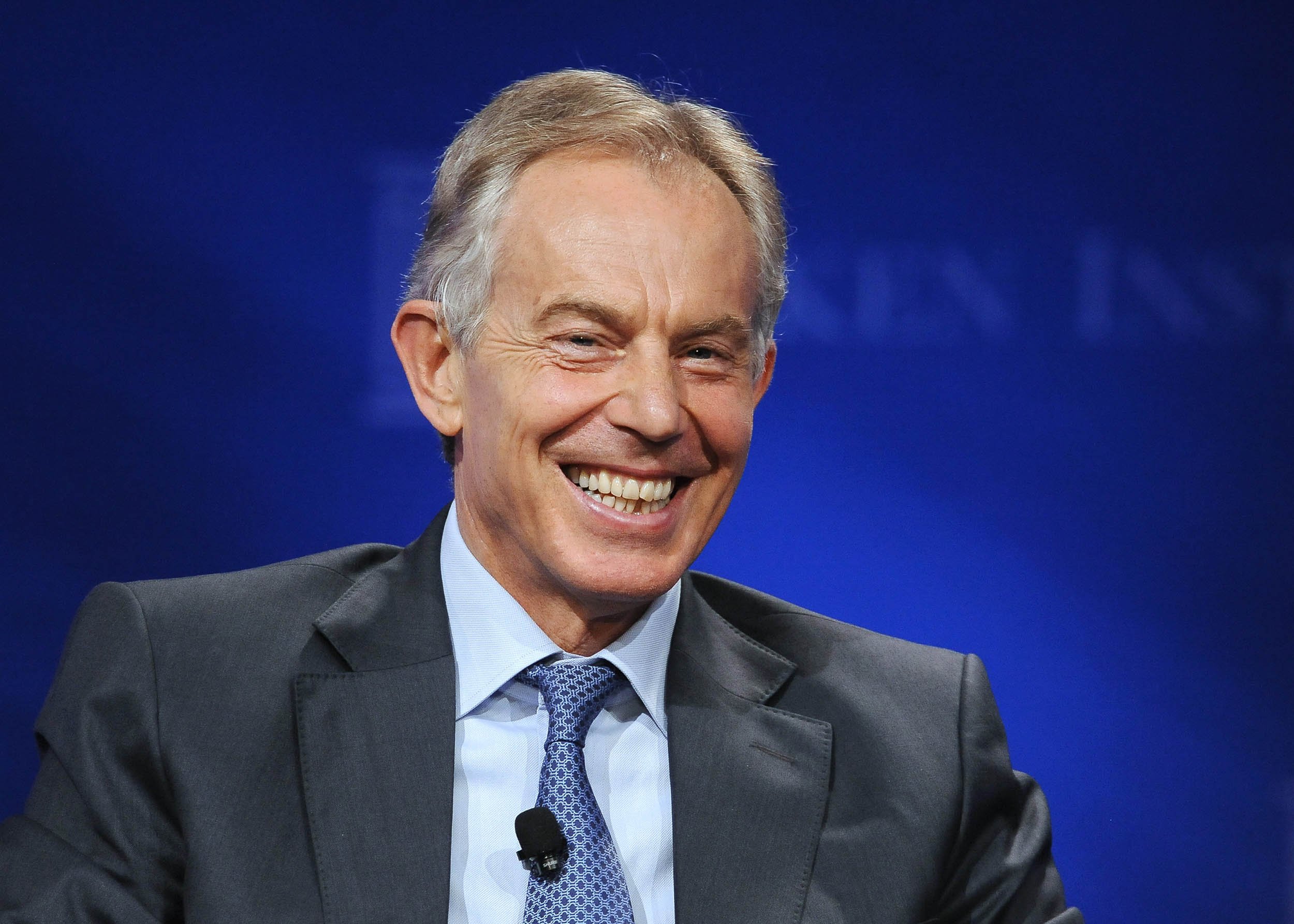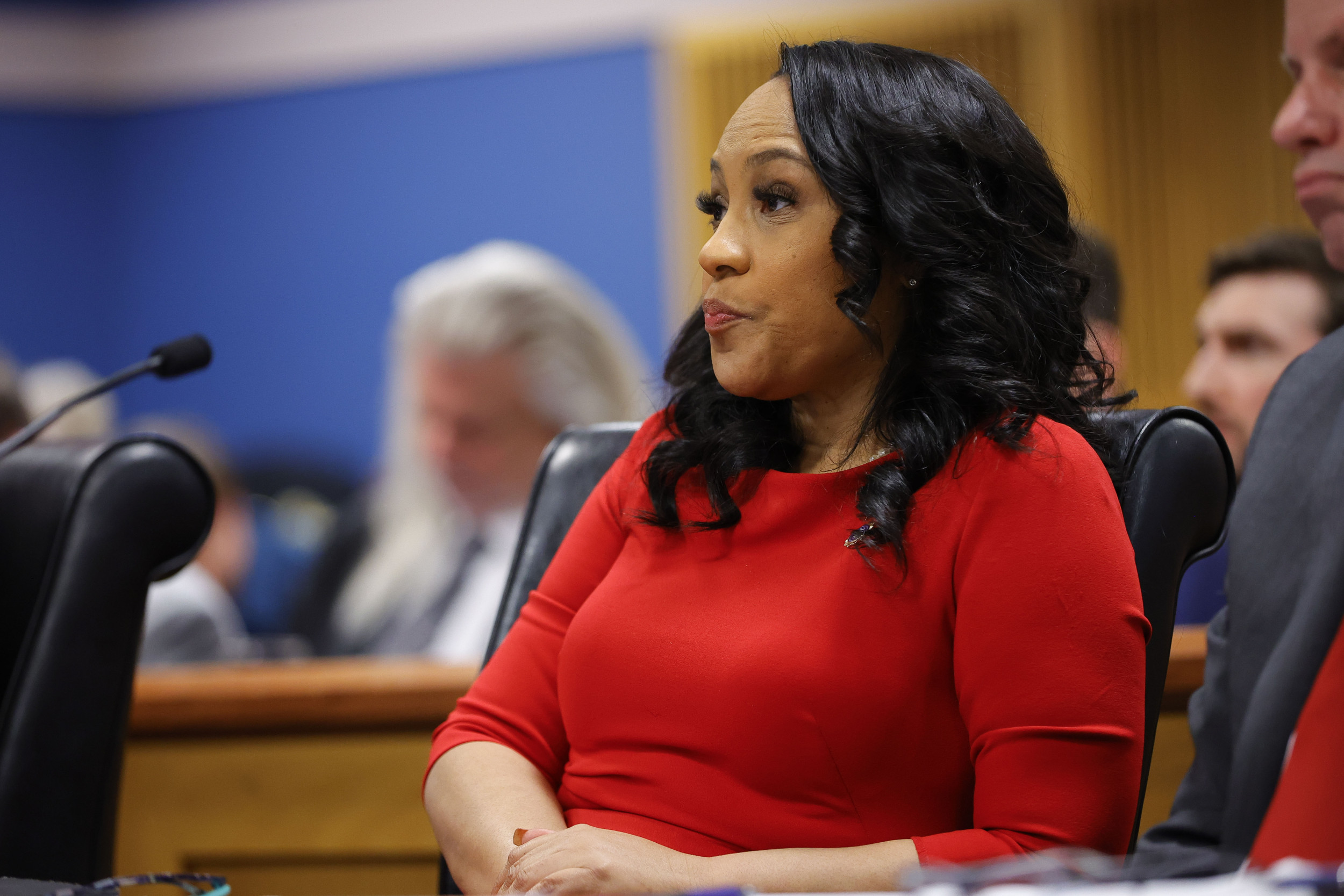
European unity has never been more important, never more needed and never more obviously in the interests of the countries that make up the European Union.
Parts of the right want to break up Europe on the basis that it is a bureaucratic conspiracy against the nation-state. Parts of the left regard it as a capitalist conspiracy against the interests of the workers. Both take every challenge Europe faces to find fresh reasons to heap abuse on the European ideal. The fact is that no challenge Europe faces is more easily faced by nations that stand alone—not security, not refugees and not economic malaise.
The reasons that gave birth to the European Union 60 years ago have a new and added relevance today. The global order is shifting east, with new powers emerging or emerged. China and India both have populations more than double that of the EU. The population of the United States is already over 300 million and growing. If individual European nations like Britain want to play a role in global decision-making—and if Europe wants to keep its influence—they can do it only through the heft of Europe.
The way Europe worked together recently under the leadership of President François Hollande of France in agreeing on a plan of action on climate change is an excellent example of how a common approach in Europe can work.
Despite the travails of the euro, the commercial market in Europe is still the largest in the world. It is true that Europe and its market urgently need reforms, and some of them will be painful. But it is also true that even if any country were to opt out of Europe, those reforms would remain necessary. If European countries stay together, the reforms can be done within a trading area that offers huge opportunities.
In the field of security, the way forward is for European countries to work more closely together, not pull apart. The challenge of radical Islamism should provoke greater cooperation across European nations' borders. The terrorists are planning their outrages without regard to international borders.
I would argue that in the medium term, there will be a growing requirement for Europe to build defense capability. That force would not supplant NATO but would have the independent ability to take military action at times when Europe's security interests are threatened when the U.S. may decide not to be involved.

There are numerous areas for further cooperation. In energy, the benefits of Pan-European coordination are clear. A common grid, for example, would cut energy costs dramatically for consumers. In higher education there is the potential to use European centers of learning to the benefit of the citizens of Europe. Likewise in art and culture.
There is a reason why, around the world, regions are coming together. Take the Association of Southeast Asian Nations, which will evolve into a way for these countries to have the political and economic weight to protect their interests. The African Union is a far more effective body today than even a decade ago, especially in peacekeeping. South America is learning the same lesson.
All of these groupings are very different from Europe. Europe—partly because of its history—has integrated faster and deeper than anywhere else. But the basic principle is the same. The world is changing. New and vast powers will have the capacity to dominate. Smaller nations—and this means anyone with fewer than 100 million people—have to leverage their geographic relationships to maintain weight.
None of this means Europe does not have significant political challenges. At points, integration has happened too fast and without a sensible appreciation of local and national sensitivities. The single currency was an idea motivated by politics but expressed in economics, and it is now having to adjust to that misalignment (though not many countries actually want their own currencies back). The bureaucracy of Europe can indeed be frustrating—but so can those of the nation-state.
Europe has a 21st-century rationale of collective power every bit as strong if not stronger than its 20th-century rationale, which was to maintain peace on the previously war-torn continent. This is a moment for the countries of the European Union to bind tighter together, rather than allowing those who are forever looking backward to break the union asunder.
The author is the former prime minister of Britain.
Uncommon Knowledge
Newsweek is committed to challenging conventional wisdom and finding connections in the search for common ground.
Newsweek is committed to challenging conventional wisdom and finding connections in the search for common ground.
About the writer
To read how Newsweek uses AI as a newsroom tool, Click here.





